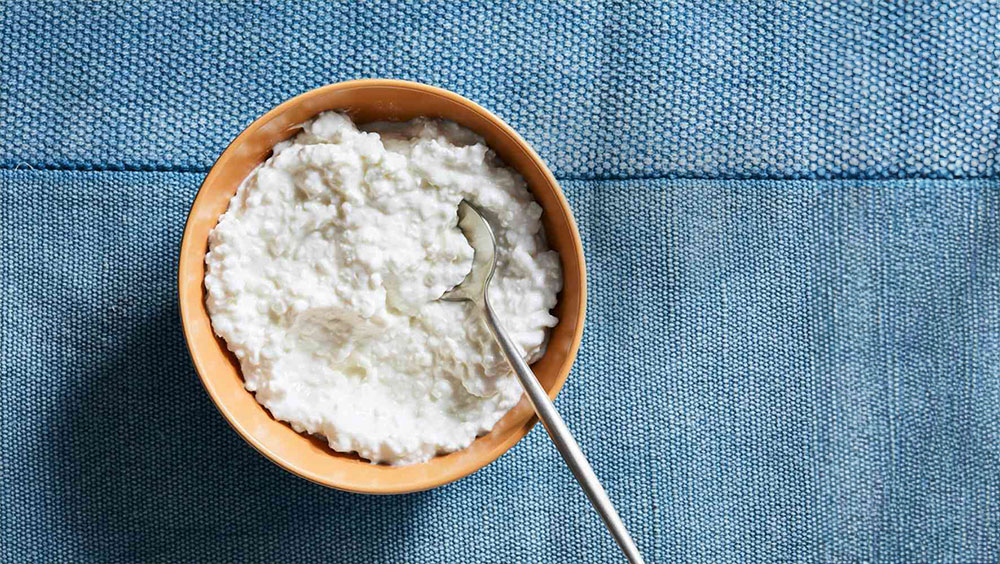Cottage cheese has been a staple in health-conscious diets for decades. Its versatility, affordability, and nutrient density make it a popular choice among fitness enthusiasts, dieters, and those looking for a high-protein snack. But is cottage cheese good for you? In this article, we explore the nutritional benefits, health implications, and the best ways to incorporate cottage cheese into a balanced diet.
Rich in High-Quality Protein
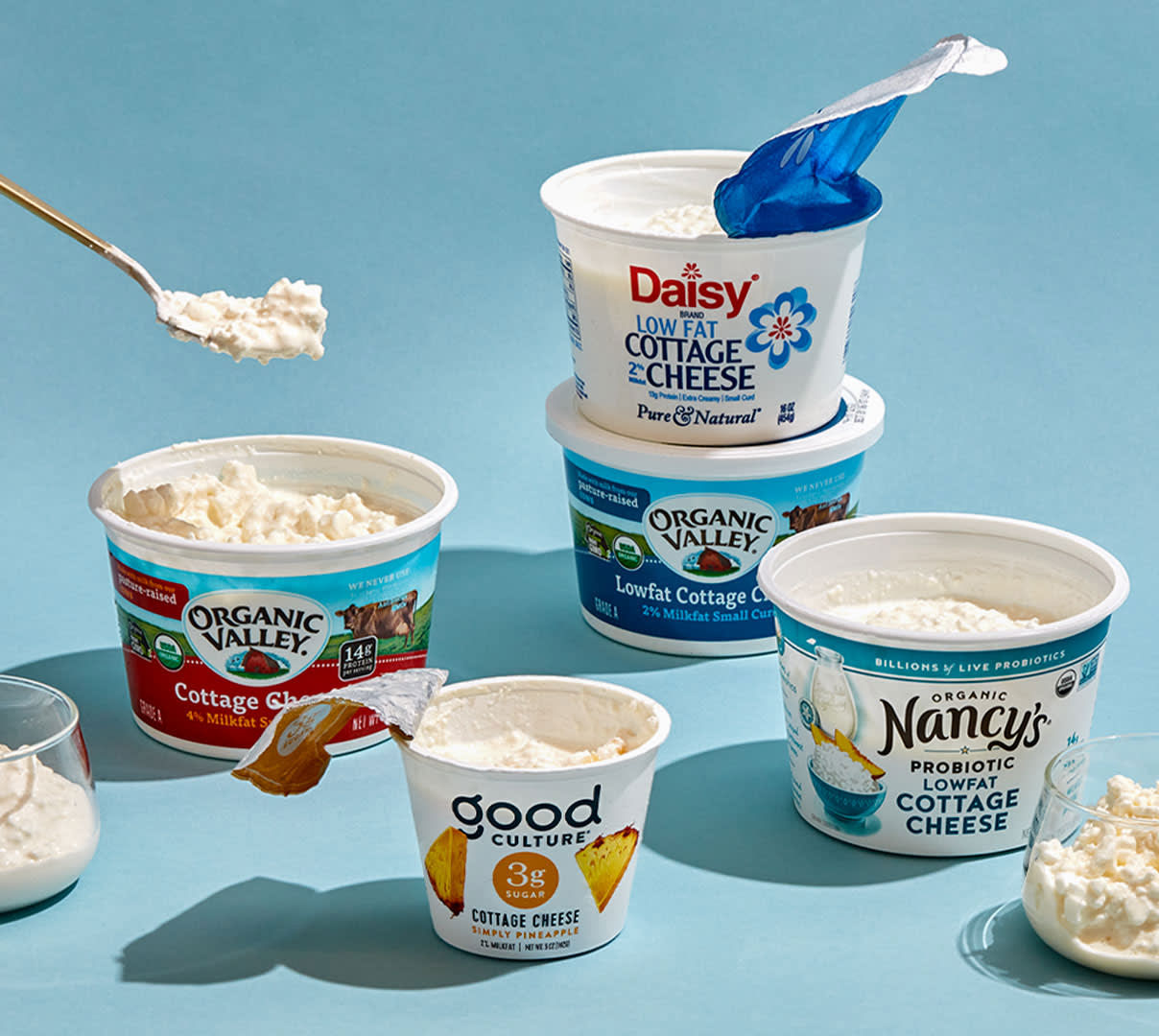
One of the primary reasons people ask, 'Is cottage cheese good for you?' is its impressive protein content. Cottage cheese is packed with casein protein, a slow-digesting dairy protein that supports muscle repair and growth. A single serving can provide over 25 grams of protein, making it an excellent post-workout snack or meal addition for those aiming to build or maintain lean muscle mass.
Low in Calories but Nutrient Dense
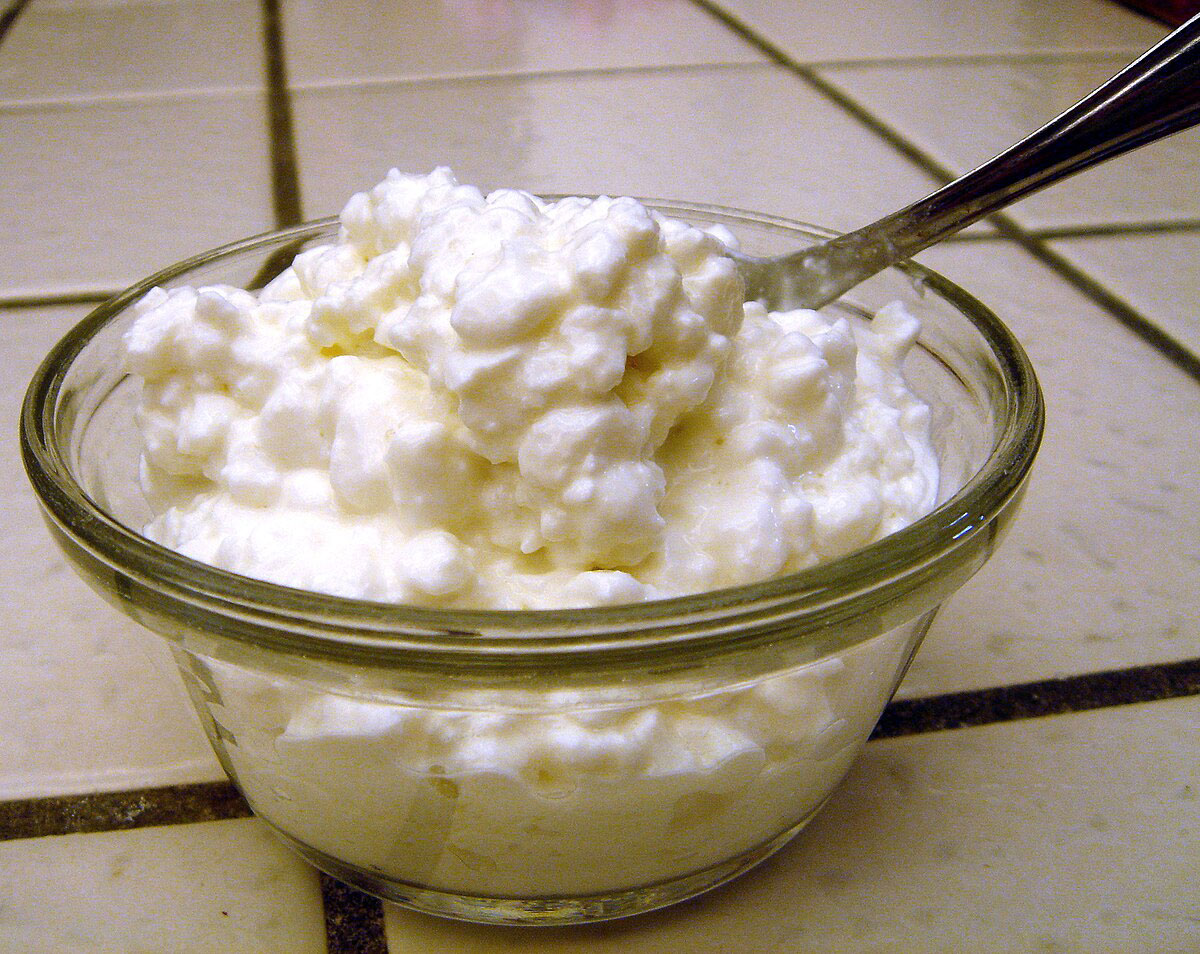
Cottage cheese is an ideal food for those looking to manage their weight. It's low in calories but high in essential nutrients like calcium, phosphorus, vitamin B12, and selenium. This means you get a lot of nutritional value without consuming excessive energy, helping to support metabolic functions and overall health.
Supports Bone Health
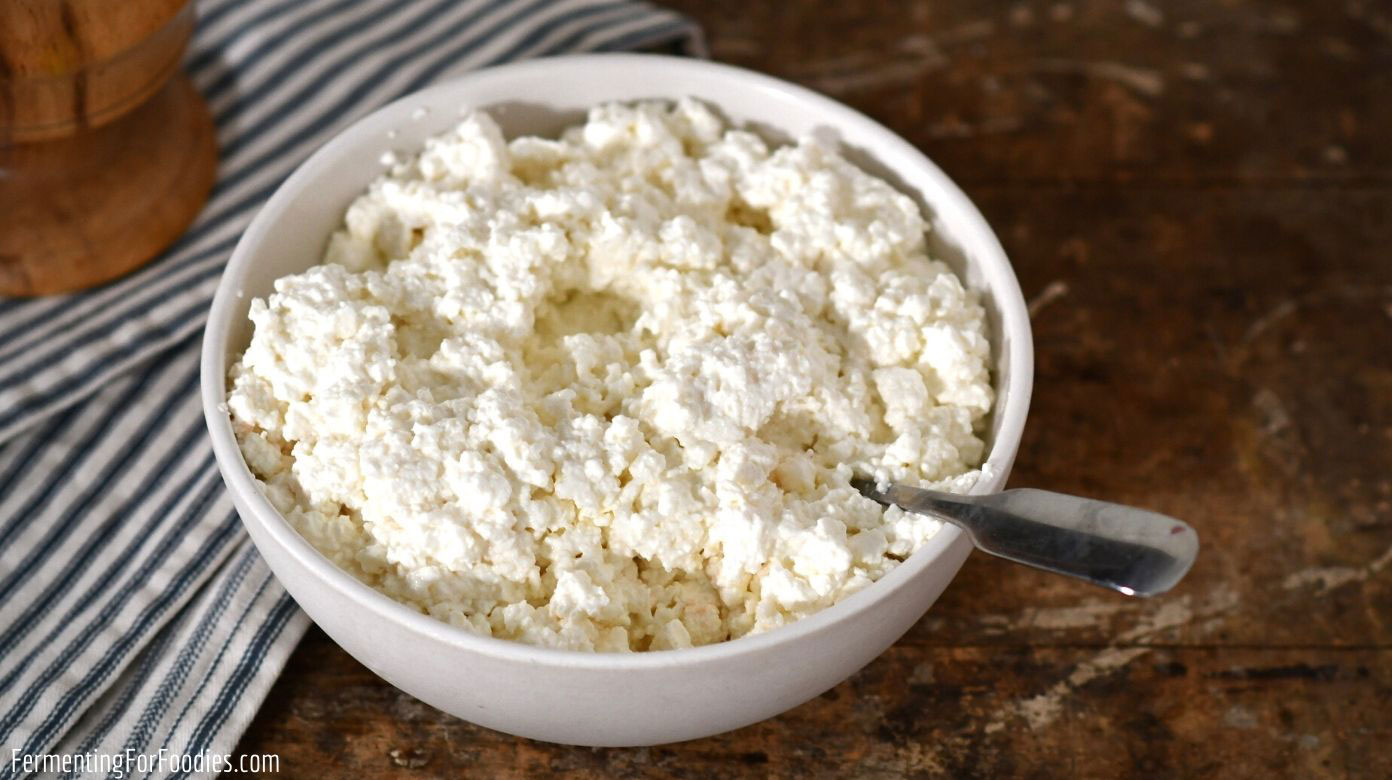
Because it’s rich in calcium and phosphorus, cottage cheese supports strong bones and teeth. These minerals work together to maintain bone density and reduce the risk of osteoporosis, especially in aging adults. Asking 'Is cottage cheese good for you?' certainly invites a yes when considering long-term skeletal health.
A Digestible Option for Many
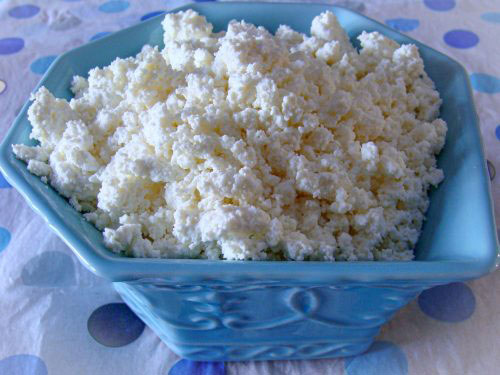
Although it’s a dairy product, many people with mild lactose sensitivity find cottage cheese easier to digest than other cheeses or milk. This is because it contains lower amounts of lactose, especially in cultured or low-lactose versions. For those wondering 'Is cottage cheese good for you if you’re lactose intolerant?', the answer can be yes with proper moderation and selecting the right type.
May Aid in Weight Loss

With its high protein content and low calorie count, cottage cheese can help in appetite control and weight management. Protein has a high satiety value, meaning it keeps you fuller for longer, possibly reducing overall calorie intake. So, if you’re trying to shed a few pounds and asking 'Is cottage cheese good for you?', it can absolutely be a helpful addition to your meal plan.
Works Well with Various Diet Plans

Cottage cheese is suitable for many popular dietary lifestyles including low-carb, keto, and high-protein diets. It can be paired with fruits for breakfast, added to salads, or blended into smoothies. If you’re adapting a new diet and wondering 'Is cottage cheese good for you in this context?', it often fits seamlessly.
Check the Label: Watch for Sodium and Additives
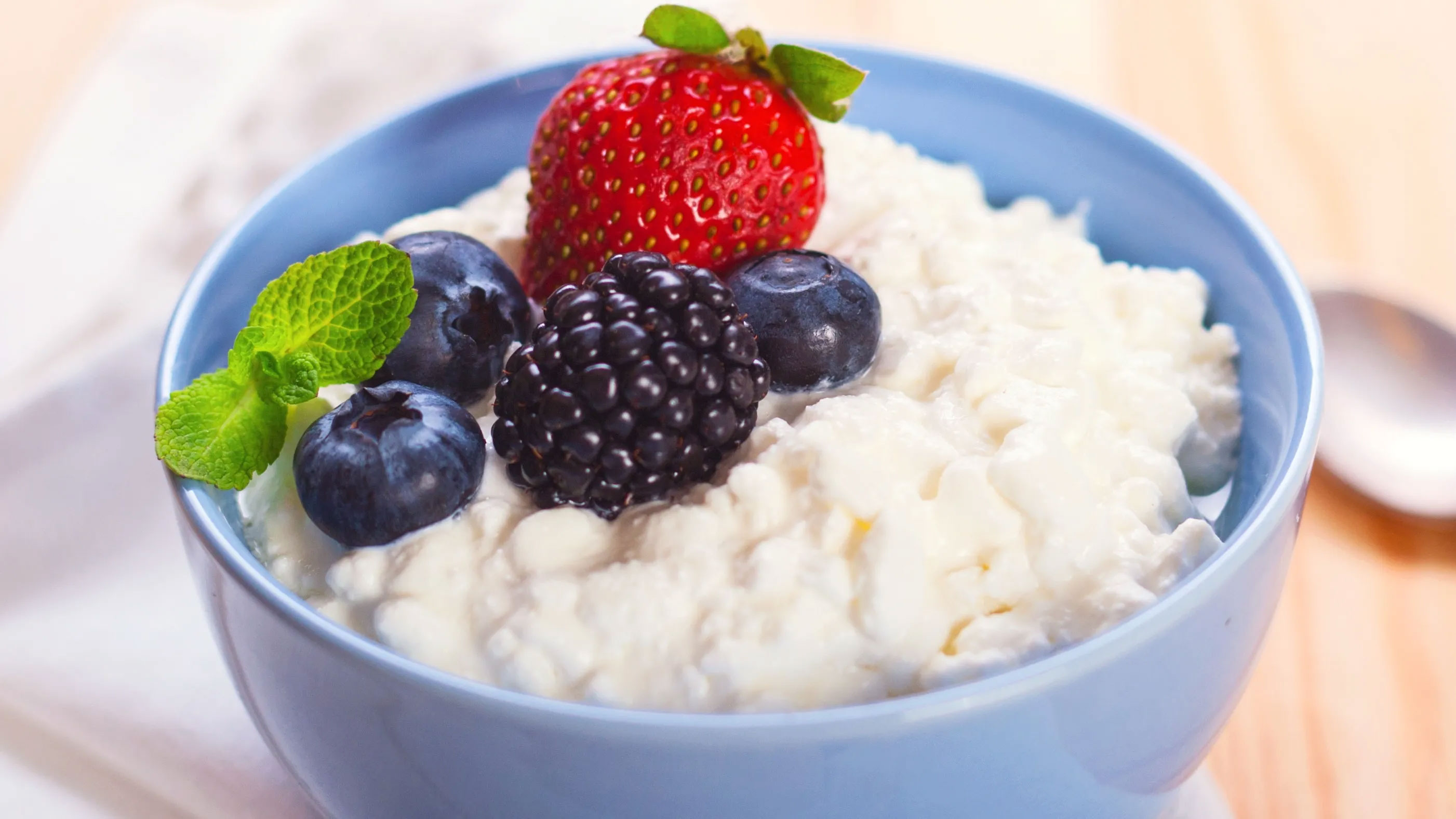
While cottage cheese is nutritious, it's important to read labels carefully. Some brands add high amounts of sodium or artificial ingredients for flavor and preservation. If you’re particularly concerned about heart health or sodium intake, opt for low-sodium or organic versions. Asking 'Is cottage cheese good for you?' should also involve choosing the cleanest options available.
Great Snack or Meal Any Time of Day
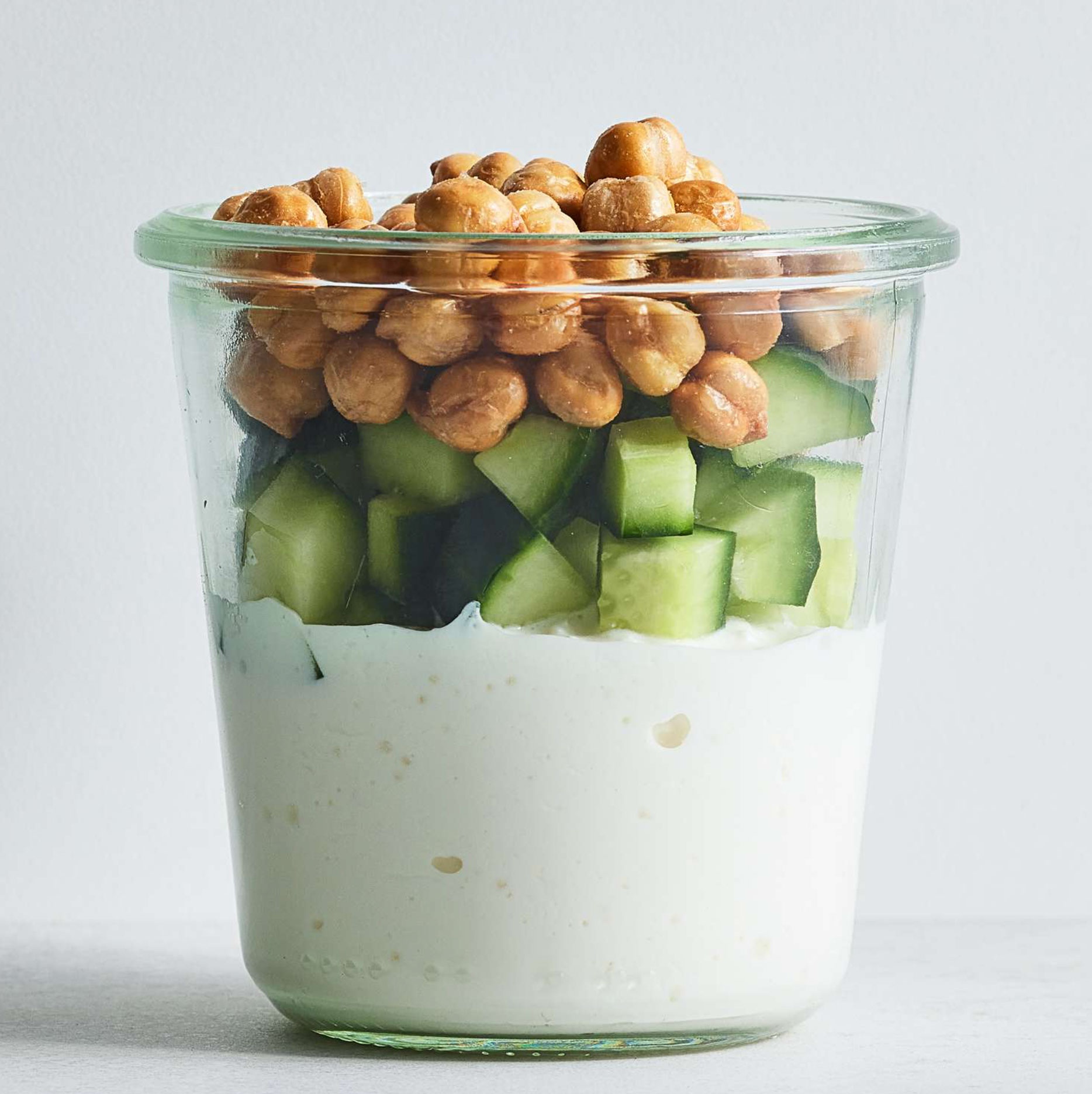
Cottage cheese can be enjoyed at any time—breakfast, lunch, or as a filling snack. It's a versatile ingredient that works in both sweet and savory dishes, allowing you to customize it based on your nutritional needs and taste preferences. When people ask 'Is cottage cheese good for you?', part of the answer lies in how easily it can be integrated into daily meals.
So, is cottage cheese good for you? Absolutely. With its impressive protein profile, low calorie count, and vital nutrients, it's a versatile food that supports muscle building, weight loss, bone health, and more. While it's important to choose versions with minimal added sodium and preservatives, incorporating cottage cheese into your diet can be a delicious and healthy choice. Whether you're an athlete, dieter, or simply someone looking for a nutritious snack, cottage cheese more than earns its place in a balanced diet.

